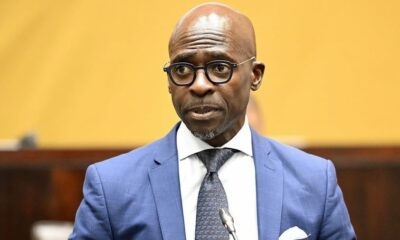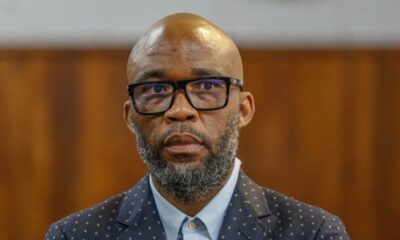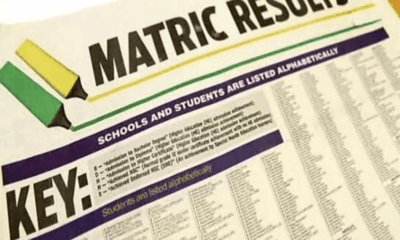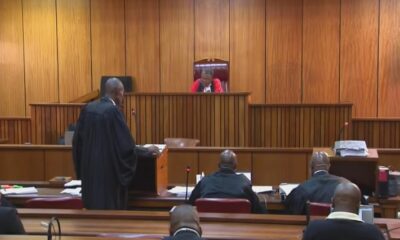News
Zuma and MK Party Take Madlanga Commission to Court Over Judicial Allegations
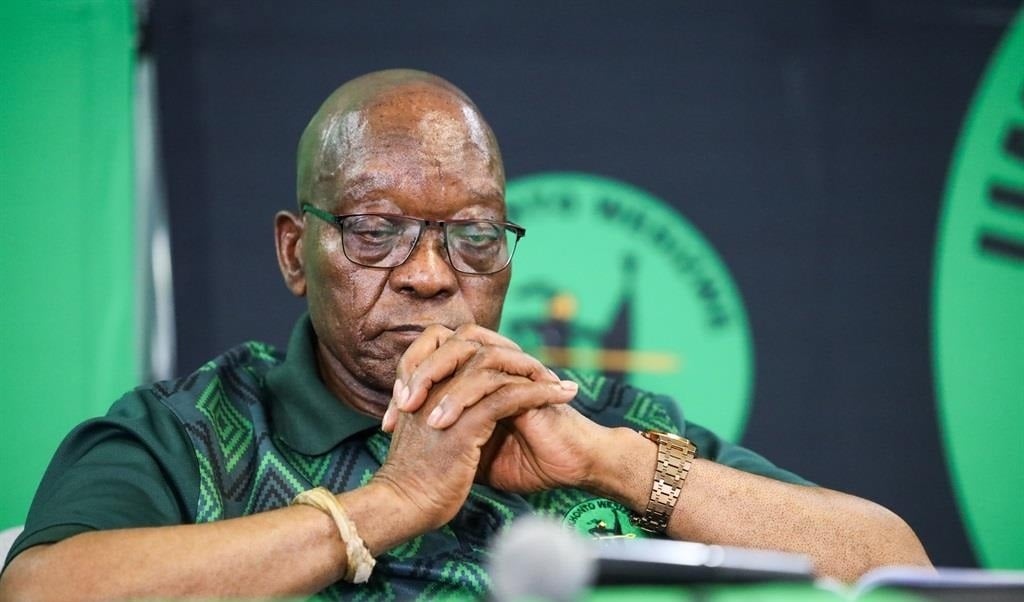
Zuma and MK Party Take Madlanga Commission to Court
Jacob Zuma and the uMkhonto weSizwe Party (MKP) are set to confront the state in the Gauteng High Court in Pretoria. Their urgent application challenges the work of the Madlanga Commission, which was established by President Cyril Ramaphosa in July to probe allegations of criminal syndicates infiltrating law enforcement, intelligence structures, and even the judiciary.
For Zuma and his party, this is not just about stopping the commission. It is about who holds the constitutional authority to investigate judges accused of misconduct.
What the Commission Was Set Up to Do
The Madlanga Commission, headed by Constitutional Court Justice Mbuyiseli Madlanga, was tasked with investigating explosive claims made earlier this year by KwaZulu-Natal’s police commissioner, Lieutenant General Nhlanhla Mkhwanazi. He alleged collusion between politicians, law enforcement officials, prosecutors, and even members of the judiciary with organised crime groups, including drug cartels.
The inquiry was given a six-month window, though many expect it could take longer. During this period, Police Minister Senzo Mchunu was placed on special leave, with Professor Firoz Cachalia stepping in as acting minister.
Zuma and the MK Party’s Argument
Zuma and the MK Party argue that appointing a sitting judge to head an inquiry into allegations against the judiciary itself violates the fundamental principle that no one should act as “a judge in their own cause.”
In their court papers, they highlight that the Judicial Service Commission (JSC) and the Magistrates Commission are constitutionally mandated to investigate misconduct by judges and magistrates. Handing this role to a judicial commission of inquiry, they argue, undermines those independent bodies.
They also criticise the cost of the commission, calling it an expensive and ineffective mechanism that will drain public funds without producing binding outcomes.
The Presidency’s Defence
President Ramaphosa has defended the decision, insisting that the Madlanga Commission does not replace the JSC or Magistrates Commission but rather works alongside them. He maintains that its role is to investigate systemic allegations, not specific misconduct by named judges. Should concrete evidence of individual wrongdoing arise, those matters would then be referred to the constitutionally designated bodies.
Why This Matters
The case has touched a nerve because it deals with more than Zuma’s political manoeuvres. At its heart lies a debate over constitutional boundaries, accountability, and public trust in the judiciary.
South Africans have long been sceptical about corruption investigations that take years and yield little. With Zuma and the MK Party framing this as a defence of judicial independence, and the Presidency insisting it is about rooting out systemic rot, the outcome of this legal battle could influence how future inquiries are set up.
For taxpayers, there is also concern over costs. With the commission likely to extend beyond its initial six-month timeframe, questions remain about whether the process will bring clarity or simply add to the country’s long list of inquiries that have struggled to deliver closure.
Also read: Tiffany Meek’s Case to Be Transferred to High Court After Son’s Murder
Follow Joburg ETC on Facebook, Twitter, TikT
For more News in Johannesburg, visit joburgetc.com
Source: IOL
Featured Image: Central News

